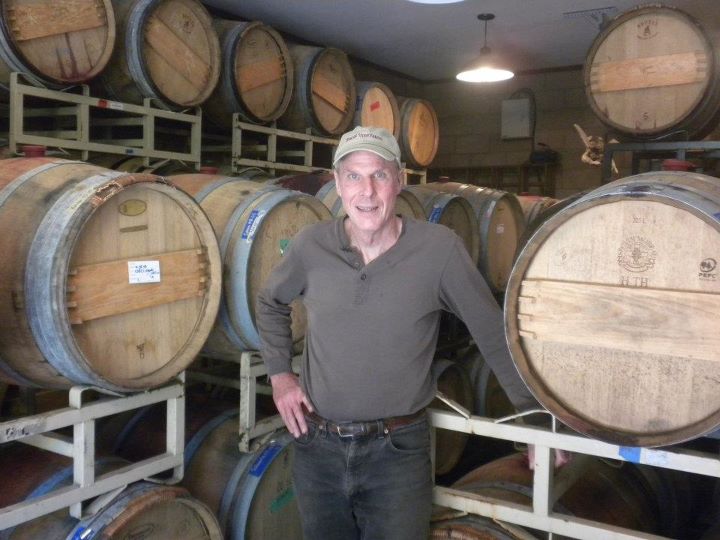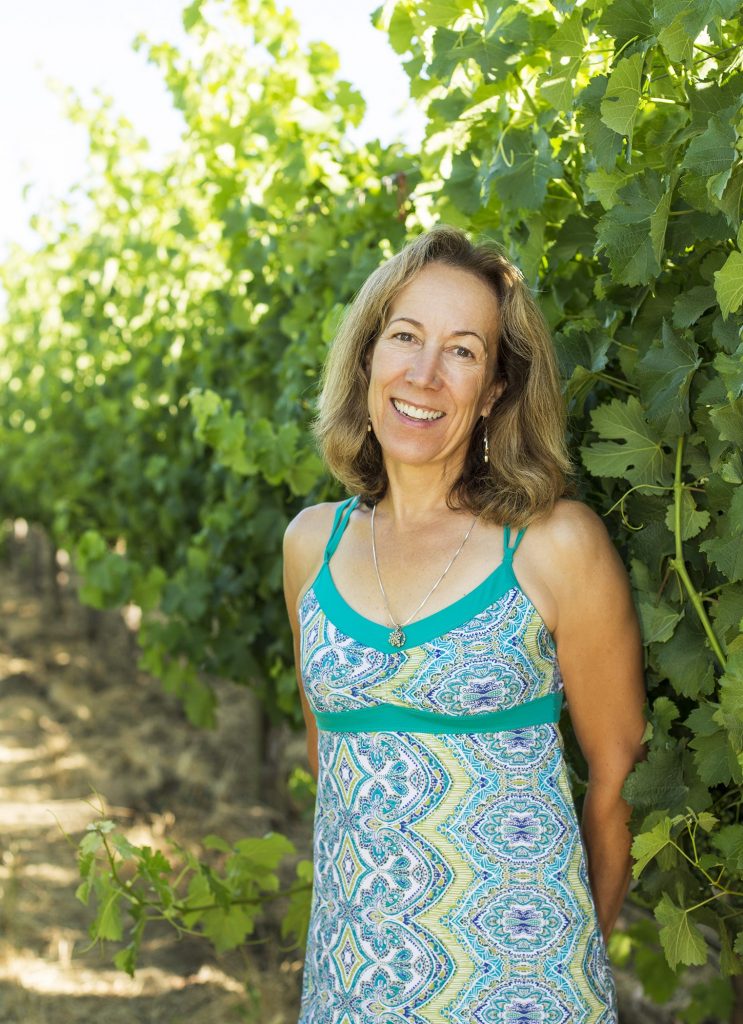While attending college in New Orleans in the early 1970s, Peter took a job as a waiter in a French restaurant and became infatuated with classic French wines and food. His wines of preference were those from Bordeaux and the Rhone Valley. He pursued a career in the restaurant industry and served as manager and wine buyer at several restaurants before realizing that he belonged solely in the wine business. He ventured into wine retail, then into wholesale distribution, and then started a wine marketing and sales company. These pursuits took Peter to his favorite wine regions of Europe to learn what the best properties did to make their wines special. These also led him to California during the wine renaissance of the late 1970s to meet the new small, artisan producers. After working crush at two different wineries, Peter decided that he wanted his own small winery to make unique wines to add to the wine world. In 2000, he finally moved to northern California to take a position with a wine importing company and the temptation was too great. He bought his vineyard in Glen Ellen and Spann Vineyards was born.
Most people in this industry can trace their love of wine to a specific wine that ignited their passion. Do you have a wine like that? If not, how did you get interested in the industry?
I started college with no idea what I would do for a career and took a summer job waiting tables at a French restaurant with an aggressive wine program. This was my first exposure to fine wine and food and it transformed my life. It fascinated and intrigued me and at age 19 I decided I would spend the rest of my life involved with wine and food.
The hardest thing about owning your own winery is…
Taking time off. My wife and I are the only employees and we enjoy every aspect from farming to crushing to blending, bottling, branding and selling so we tend to work seven days a week.
What’s it like running the winery as a husband and wife team? Do you think that gives you an advantage that other winery teams may not have?
We know each others’ strengths, weaknesses, and tolerances very well so it’s easy to divide up responsibilities and to know when the other person needs help and when to leave them on their own.
What’s been the most rewarding thing about your career?
Bringing joy to other people through something we created.
Who are the people in your industry that your most admire?
For the wines they’ve made and the things they’ve taught me: André Tchelistcheff, former winemaker at Beaulieu Vineyards, and Gary Andrus, founder/winemaker at Pine Ridge Winery. I also admire wine shop owners and restaurateurs who seek out lesser-known great wines to offer their customers rather than rely on wine writer’s recommendations and ratings.
If you weren’t making wine, what career would you have?
I would love to be a sculptor because I admire people who can take what seems like nothing and create something beautiful out of it that people could enjoy for hundreds or thousands of years. Unfortunately, I have no talent in this regard so I had to settle for winemaking for my artistic expression.
What advice would you give to people who wanted to get into the industry?
Surround yourself with people who know a lot more than you do about whatever aspect of the business you want to be part of. I managed to do that at an early age and it served me well.
When hand selling your wines, we’ve been able to introduce our customers to grape varieties they aren’t used to seeing (like Viognier, Semillon, Cinsault). Overall, you’ve come up with some unique blends. Was it your original goal to focus on blends? If not, how did that come about?
We started our winery during the 2001/2002 recession. The dot-com bust happened, followed by the 9-11 attacks and wine consumption dropped dramatically. Many highly regarded wineries were closing out Chardonnays, Cabernet Sauvignons and Merlots at half price so we decided it would be foolish to make the same wines that the market already had too much of. Betsy and I grew up on French wines, most of which were blends so we simply made the style of wines we knew and enjoyed.
If you were stranded on a deserted island with only one drink (not your own brand), what would it be?
Chateau Latour, preferably between 20 and 40 years old and hopefully many bottles of it.
Where do you see yourself and your brand in 5 years?
Currently, we sell our wines in 19 states. I’d like to maintain our current volume but reduce the number of states by one-third to one-half. This would simplify my life, allow me to focus on the markets where we have the best response to our efforts and spend more time in these markets. Arkansas will definitely be one of those.


